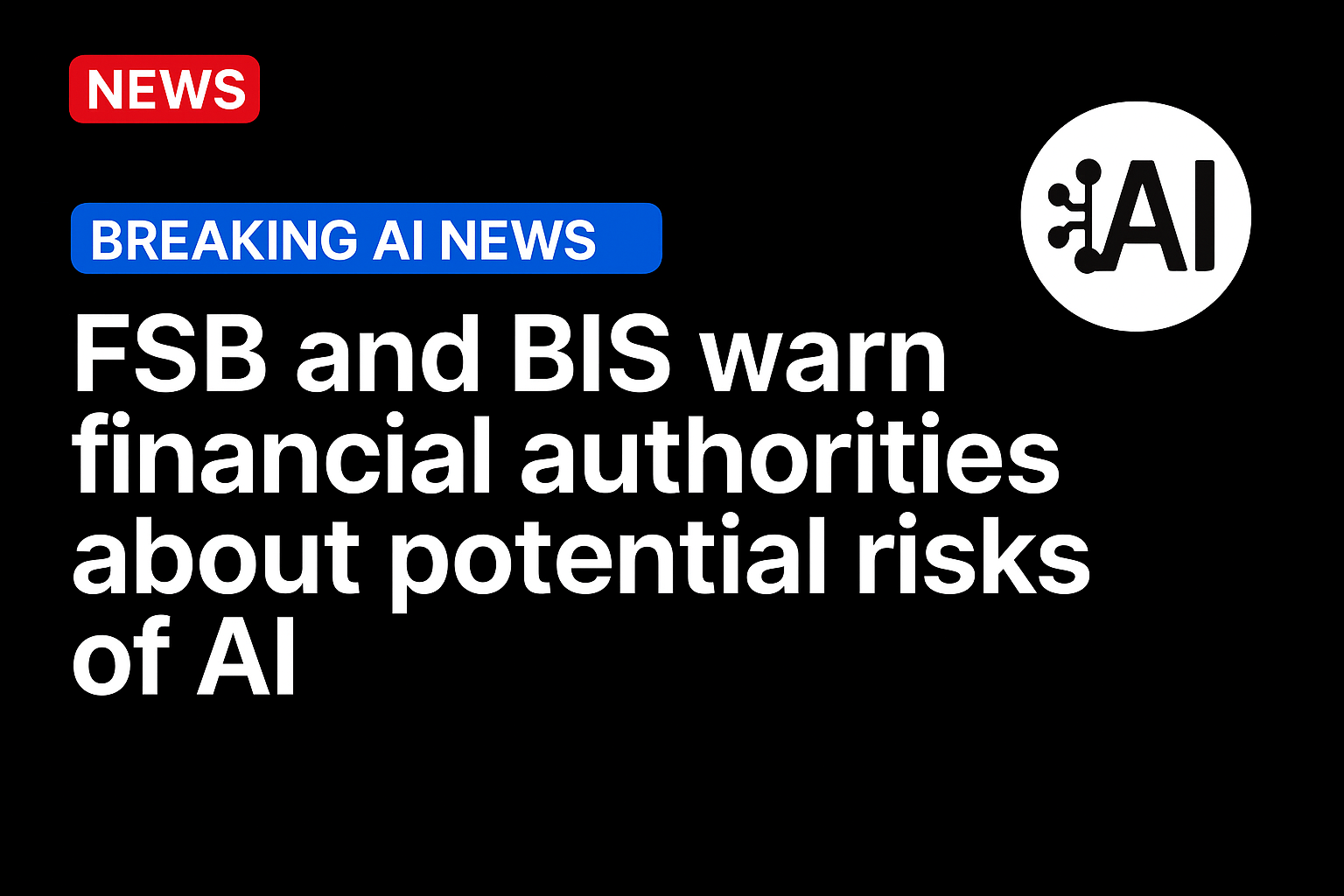
Financial authorities should monitor the effects of the use of artificial intelligence, the Financial Stability Board and the Bank for International Settlements said in separate reports released Friday (Oct. 10).
The FSB found in its report that financial institutions may grow too dependent on too few third-party service providers that help develop and deploy generative AI applications. Gen AI is provided by a small number of suppliers of specialized hardware, cloud infrastructure and pre-trained models, creating a potential vulnerability for financial institutions.
Other risks to financial stability presented by financial institutions’ adoption of AI include market correlations, cyber risks and challenges in model risk and governance, according to the report.
The organization also found that financial authorities’ monitoring efforts around artificial intelligence are still at an early stage and are held back by data gaps and a lack of standardized taxonomies.
“The FSB encourages national authorities to enhance their monitoring approaches, leveraging the indicators presented in the report,” the organization said in a press release. “To support these efforts, the FSB will facilitate alignment in taxonomies and indicators through cross-border cooperation.”
The BIS said in its report released Friday that while the latest AI tools have created new opportunities for central banks, financial regulators and supervisory authorities to improve their efficiency and policymaking, the technology also creates potential challenges around governance, investment in human capital and IT infrastructure.
The report recommended that central banks collaborate and share experiences in order to reduce the risk of these challenges.
To address the growing challenges presented by the adoption of AI by households and firms, central banks and other supervisory and regulatory authorities should “upgrade their capabilities both as informed observers of the effects of technological advancements and as users of the technology itself,” BIS said.
“For example, central banks as observers need to stay ahead of the impact of AI on economic activity through its effects on aggregate supply and demand,” BIS said in its report. “As users, they need to build expertise in incorporating AI and non-traditional data in their own analytical tools as well as in how to use AI to produce reliable data.”
Source: https://www.pymnts.com/

